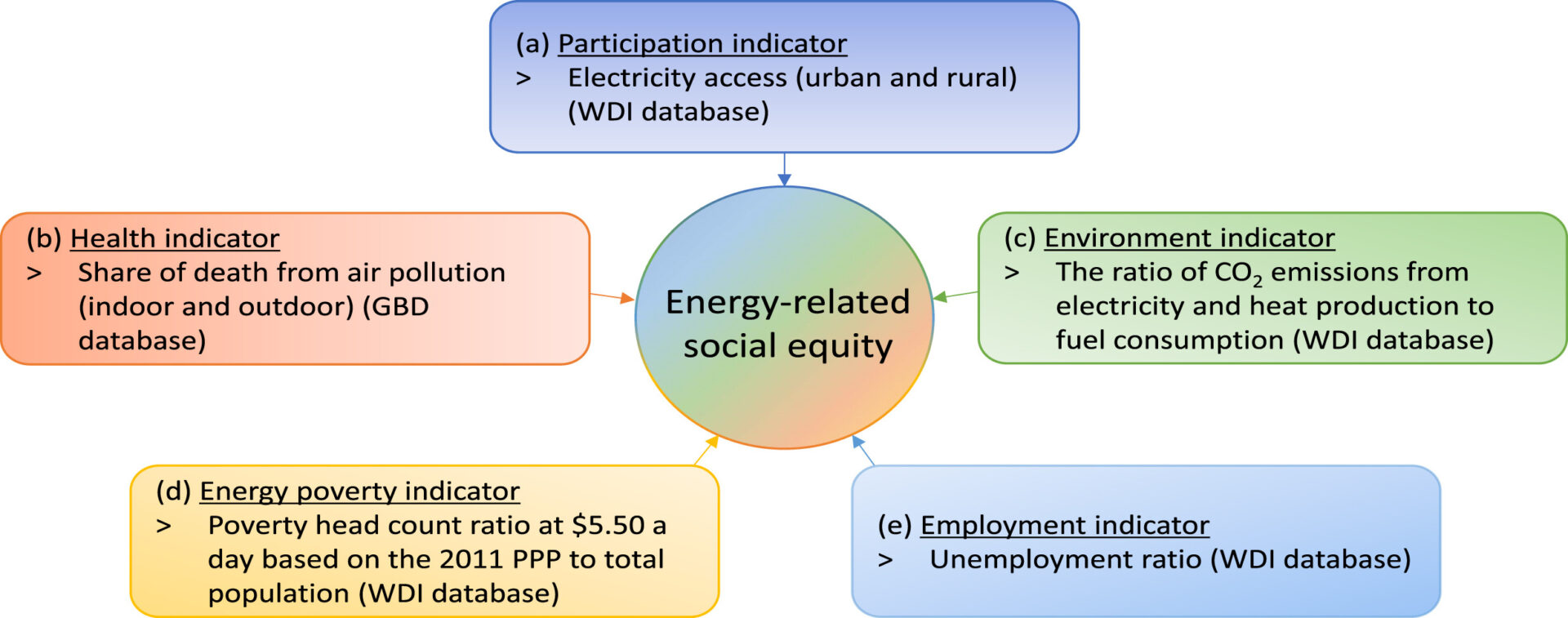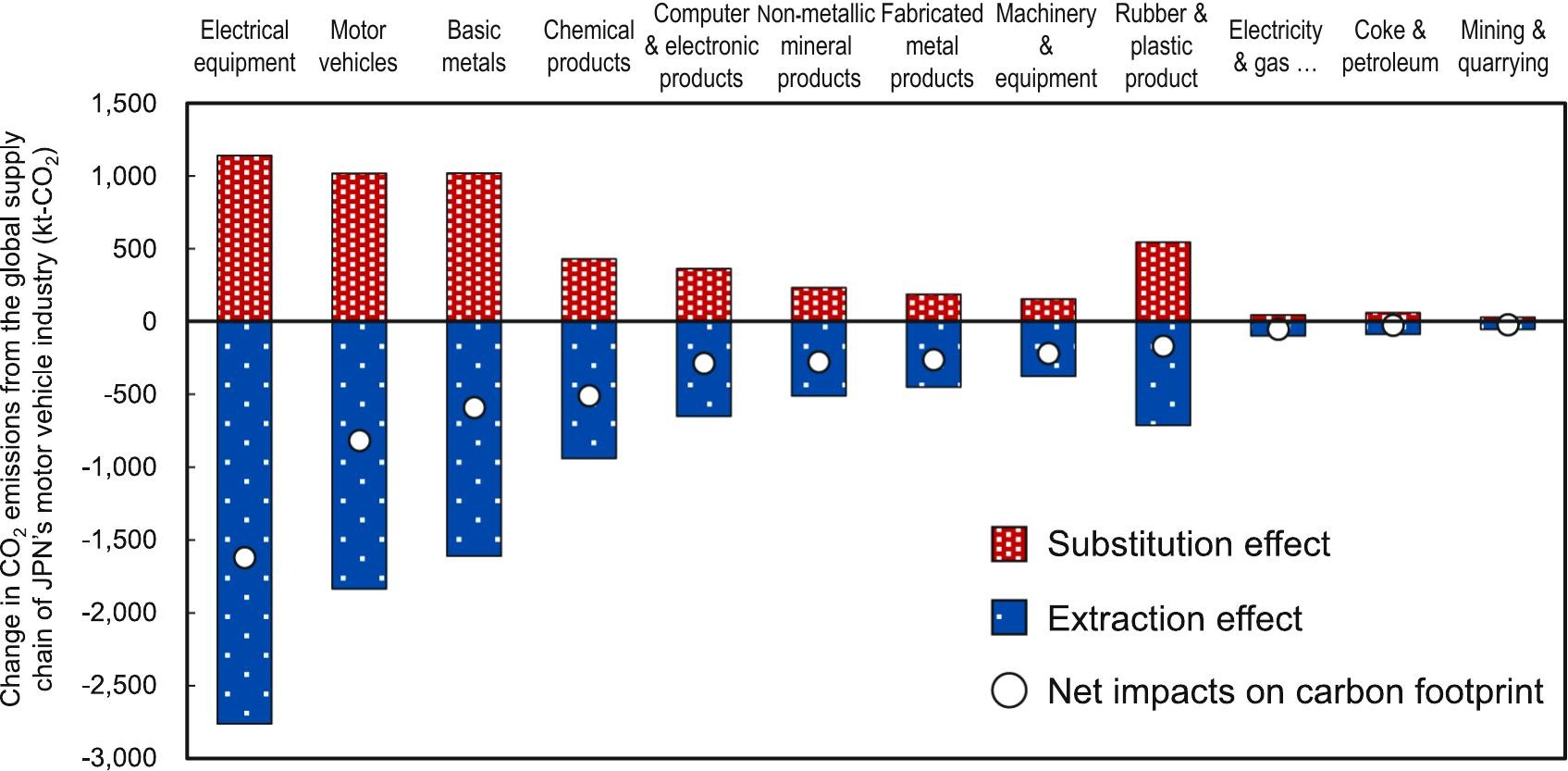
This study focuses on durable products such as passenger cars and addresses the following three research questions. The first question is how life-cycle CO2 emissions of durable goods can be reduced through demand-side policies such as product lifetime shifts and environmental subsidy? The second question is how life-cycle CO2 emissions of durable goods can be reduced through supply-side policies such as energy and resource efficiency improvements and global supply chain restructuring? The third question is how life-cycle CO2 emissions of durable goods can be mitigated through a combined policy with both demand- and supply-side policies? In addressing the above-mentioned questions, we combine the global multi-regional input-output analysis framework with the network data envelopment analysis and develop an integrated analysis framework to evaluate the economic and environmental performance of global supply chain networks of a particular durable product from the life-cycle perspective. From the results, we finally suggest a potential pathway of maximizing CO2 reduction potentials of durable goods through strengthening the demand- and supply-side policies.
This study develops an integrated environmental assessment framework based on the three modeling techniques of input-output analysis, network analysis, and efficiency analysis. We apply the integrated environmental assessment framework to various environmental burdens such as CO2, PM2.5, and toxic chemicals. From the results, we provide policy implications of how the government can efficiently reduce those emissions via the demand- and supply-side policies.

Professor
Department of International Economy and Business,
Faculty of Economics
Development of integrated evaluation models, data analysis, and policy recommendations

Professor
Department of Urban and Environmental Engineering, Faculty of Engineering
Development of integrated evaluation models, data analysis, and policy recommendations

Associate professor
Department of International Economy and Business
Faculty of Economics
DEA model development, data analysis, and policy recommendations

Researcher
International Institute for Carbon-Neutral Energy Research
DEA model development, data analysis, and policy recommendations

Associate professor
Department of Informatics,
Faculty of Information Science and Electrical Engineering
Network model development, data analysis, and policy recommendations

Associate professor
International Institute for Carbon-Neutral Energy Research
Development of energy assessment models, data analysis, and policy recommendations
It is crucial for policy makers to not only empirically investigate production- and consumption-based emissions of a particular product but also estimate emission reduction potentials achieved by technological improvements and greener supply chain engagement. Important questions are how to secure financial resources for mitigating industrial CO2 emissions and how to allocate the financial resources to environmentally-important stakeholders. Based on the integrated environmental assessment framework considering both production- and consumption-based emissions, this study suggest an effective policy of maximizing emission reduction potentials of high priority stakeholders in the global supply chain networks.
(coming soon)

Nakaishi T., Chapman A., Kagawa S.
Socio-Economic Planning Sciences
, Vol.83, 2022, 101350
DOI: 10.1016/j.seps.2022.101350

Maeno K., Tokito S., Kagawa S.
Energy Economics
, Vol.105, 2022, 105768
DOI: 10.1016/j.eneco.2021.105768
